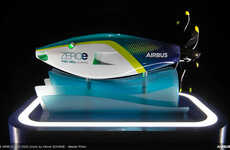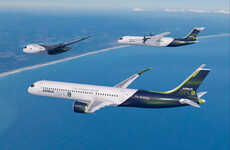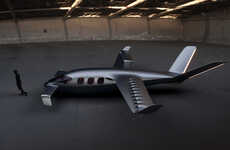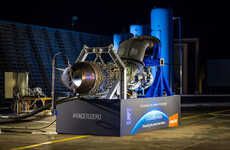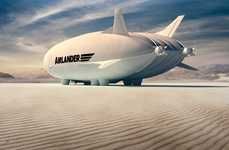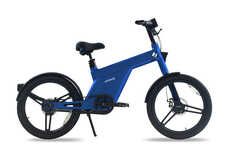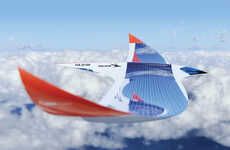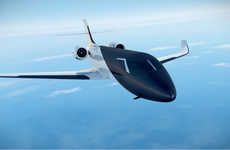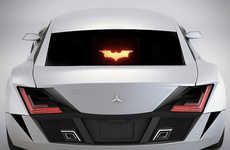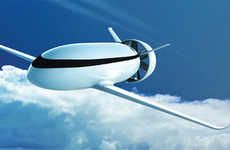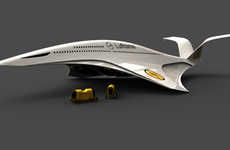
The Antares H3 Aircraft is the Successor to the Antares DLR-H2
References: theengineer
The German Aerospace Centre and Lange Aviation are working on a hydrogen-powered aircraft called the Antares H3 to follow up the Antares DLR-H2, the world's first fuel cell-powered aircraft.
The Antares H3 will be powered by hydrogen fuel instead of batteries. Hydrogen can absorb oxygen from the surrounding air and transform it into electricity. The team expects to achieve a 6,000 km range and 50+ hours of flight time. The Antares H3 has a wingspan of 23 m and can carry up to 200 kg, with 1.25 metric tons of maximum take-off weight. The Antares H3's first flight is scheduled for 2011.
The Antares H3 will be powered by hydrogen fuel instead of batteries. Hydrogen can absorb oxygen from the surrounding air and transform it into electricity. The team expects to achieve a 6,000 km range and 50+ hours of flight time. The Antares H3 has a wingspan of 23 m and can carry up to 200 kg, with 1.25 metric tons of maximum take-off weight. The Antares H3's first flight is scheduled for 2011.
Trend Themes
1. Hydrogen Fuel Cell Technology - The use of hydrogen fuel cells in aircraft opens up opportunities for clean, sustainable aviation by eliminating the need for conventional fuel sources.
2. Extended Flight Range - Developing aircraft with longer flight ranges, such as the Antares H3 with a range of 6,000 km, introduces the potential for non-stop long-haul flights and expanded commercial operations.
3. Advancements in Electric Aviation - The development of the Antares H3 and the use of hydrogen fuel cells represent a significant step forward in the advancement of electric aviation, paving the way for more efficient and eco-friendly aircraft designs.
Industry Implications
1. Aerospace - The aerospace industry can benefit from integrating hydrogen fuel cell technology into their aircraft, providing more sustainable alternatives to conventional fuel-powered planes.
2. Renewable Energy - The renewable energy industry has an opportunity to collaborate with aerospace companies to develop and supply hydrogen fuel cell systems for aircraft, contributing to the growth of clean energy solutions.
3. Transportation - The transportation industry, particularly in the aviation sector, can explore the use of hydrogen fuel cell technology to reduce emissions and create more environmentally friendly modes of travel.
2.7
Score
Popularity
Activity
Freshness


